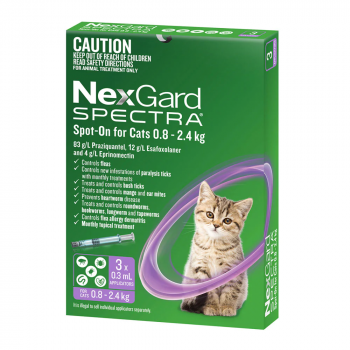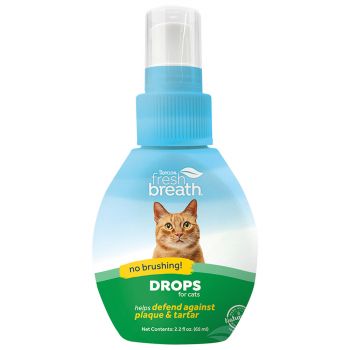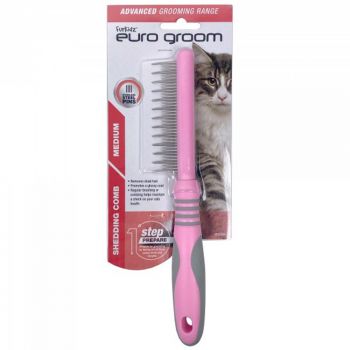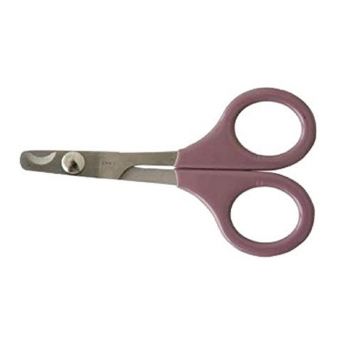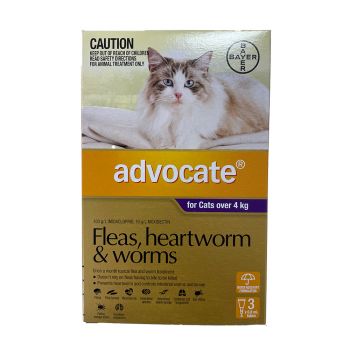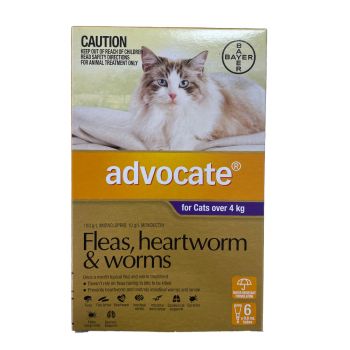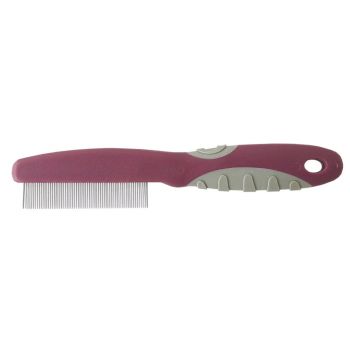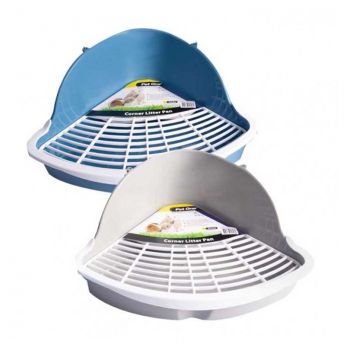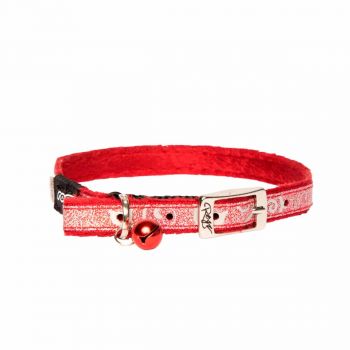THE ULTIMATE CAT ADOPTION AND CARE GUIDE
Cat ownership is a popular choice for many families in Australia, with these furry companions bringing joy and companionship to countless households. Whether you are considering getting a cat for the first time or are already a seasoned cat owner, there are many things to consider to ensure that your feline friend stays healthy and happy. From choosing the right breed to providing them with a comfortable living environment, there are many steps you can take to ensure that your cat becomes a cherished member of your family. In this article, we'll explore some of the important aspects of cat ownership in Australia, so you can give your feline friend the love and care they deserve.
Before you take on the responsibility of owning a cat, it is important to research any local laws pertaining to felines. Your council may require cats in your area to be desexed or kept within their owners' properties during specific hours. If you mistreat your pet or do not provide them with adequate care, animal cruelty legislation can come into effect; resulting in fines and potential jail time as well as bans against future ownership of animals.
If you are keeping more than the specified number of cats or dogs in a household, it is necessary to acquire a permit. Your local council can inform you what that limit is, so be sure to check with them first. If the cat's owner is below 18 years old, then their parent or guardian will legally assume ownership and become liable for any penalties incurred as well as prosecution proceedings if required.
Microchipping and Registration of Your Cat
Microchipping and registering your furry friend will dramatically increase their odds of being returned to you should they ever become lost. All cats 3 months or older must be registered with the local council, and existing registrations must be renewed by April 10th annually.
If it's their first time being registered, cats must be outfitted with a microchip before the registration process is complete. To ensure your cat’s safety and visibility, attach their council registration tag to an elasticized or breakaway collar that fits snugly but comfortably enough for two fingers between the collar and neck. Additionally, you can add a small bell onto the collar so other animals in the vicinity are aware of its presence as soon as possible.
Trespass and Nuisance
If your cat is discovered straying from your premises without a form of identification, it could be confiscated and incarcerated in the Council pound. Subsequently, you will have to pay a fee for reclaiming him or her. Moreover, if your pet roams onto another person's land multiple times - even with its details on display –your feline friend may still be taken away and kept at Council’s impoundment facility. The local governing body can issue an injunction requiring that you stop allowing this trespass before eventually fining you should they deem it necessary.
To safeguard local wildlife and other cats, some Councils mandate that pet cats remain on their owners' property at certain times. Furthermore, in some areas, your cat may be prohibited from being present or restricted to particular places. Therefore it is wise to consult with your local council about applicable regulations in the area before venturing out with your furry friend!
Health and Welfare
As a cat owner, you have the responsibility to ensure your pet's well-being. To help you with that, there is the Code of Practice for the Private Keeping of Cats which outlines essential guidelines for cats' welfare and health.
The five key welfare needs are:
1. Environment — the need for a suitable environment and place to live
2. Diet — the need for a suitable diet
3. Behaviour — the need to express normal behaviour
4. Companionship — the need to consider your pet’s social needs
5. The need to be protected from pain, suffering, injury and disease
Welfare Issues For Cats
- Being forced to share — In multiple cat households, up to 58% of cats are stressed and aggressive because they don’t have their own litter trays, beds or food bowls.
- Wandering at large — 49% of cats are allowed to roam free when outdoors, risking shortened lifespans due to being hit by cars, injured in fights and contracting diseases such as feline AIDS.
- Obesity — Up to 40% of cats are overweight. Obesity can cause major health problems such as diabetes and can reduce the quality of life and shorten lifespan.
- Inability to express natural behaviours — 50% of cats don’t have a scratching post and 11% don’t have toys or other objects to play with.
- Lack of preventative vet care — 29% of cats are not vaccinated against common diseases, 13% aren’t treated for fleas and 16% aren’t wormed.
- Lack of identification — 10% of owners have been unable to find their lost cats.
Top Tips for Cat Owners
- Do you own more than one cat? Make sure each cat has its own food and water bowl, litter tray and cat bed (plus a spare set for the household). Space these out around the house to avoid competition between cats.
- Cats that are confined to your property live three times longer than those that are allowed to roam. Keeping your cat at home is easier than you think — you can buy or build cat enclosures or install cat-proof fencing.
- Cats must have meat in their diet. Talk to your vet to ensure your cat is on the right diet for its age and lifestyle. For fresh cat food recommendations, please speak with our highly trained team today.
- Discover how to assess your cat's ideal body shape — take a look at the feline body condition score chart. If you see that your furry friend is carrying extra weight, consult with your vet about potential solutions for shedding those unwanted pounds.
- Give your cat more opportunities for play and to express natural behaviours. Simple and cheap toys can be made from household items, including cardboard boxes and ping-pong balls.
- Stay on guard for fleas and worms by consistently checking your cat's treatment history. Reach out to a reputable veterinarian for advice regarding safe, effective treatments. Additionally, ensure that their vaccinations are current before any travel or outdoor adventures with your feline friend.
- Register your cat with your local council. Find details of your local council. Identifying your cat through registration and microchipping greatly increases the odds of it being returned to you if it is lost. If you move to a new house, make sure you update your details with your local council and also with the microchip registry.
For the newest and greatest in cat technology, come to Wallington's WRG for a one-on-one consultation with our team. We also offer an extensive selection of online goodies for your feline friends such as toys, treats, stretches, and food. Stop by today or shop from home - whichever is more convenient!






